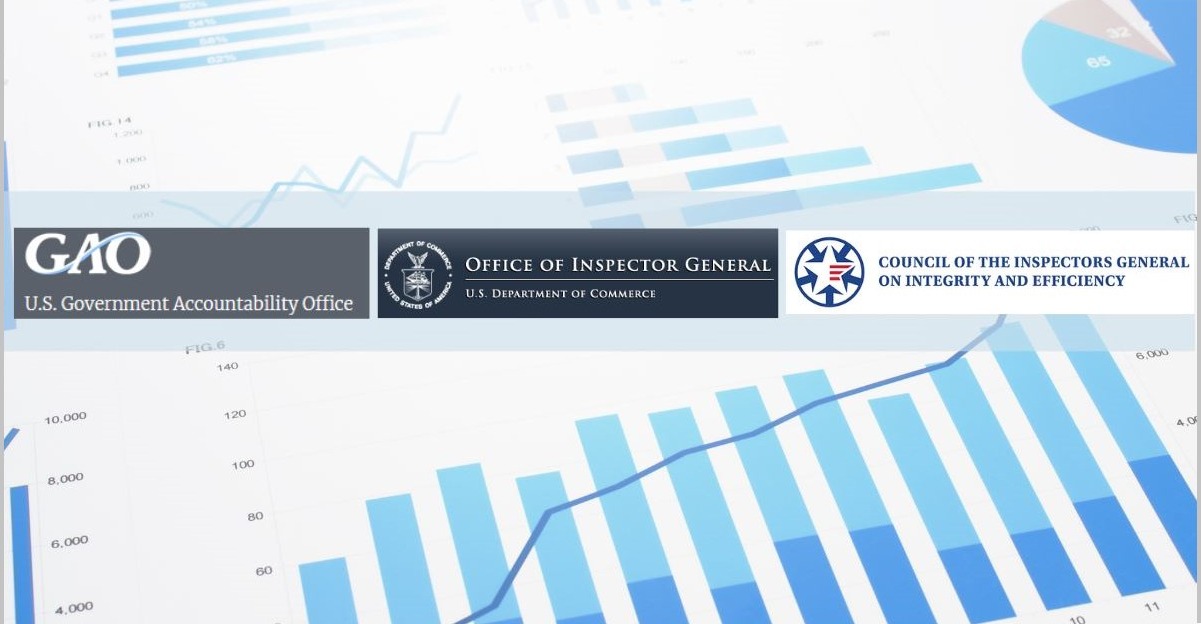2 min read
The Heavy Burden of Compliance – Designing and Implementing Bipartisan Infrastructure Law Funding
![]() George Duffee-Braun
29 June 2022
George Duffee-Braun
29 June 2022

Last Friday, April 29, the Office of Management and Budget (OMB) released initial guidance establishing robust oversight, reporting, and equitable implementation parameters in the delivery of President Biden’s Bipartisan Infrastructure Law (BIL). This guidance comes on the heels of widespread fraud, waste, and abuse reporting associated with federal COVID-19 funding programs, including sacrificing compliance and security for speed.
President Biden announced (and tweeted) in his State of the Union address “In my administration, the watchdogs are back.” As such, regulatory and oversight entities will coordinate directly with White House Senior Advisor and Infrastructure Implementation Coordinator, Mitch Landrieu – a longtime colleague of Plexos’ Chief Strategy Officer, Paul Rainwater.
What this Means for State, Local, Territorial, and Tribal (SLTT) Governments:
Paul Rainwater recently identified 3 Things State and Local Governments Should Do Now to Prepare for Infrastructure Investment and Jobs Act Funding. This new OMB guidance not only reinforces the need to (1) Make a Plan, (2) Utilize Technology, and (3) Build a Team, but also identifies the need to proactively design programs and processes that prioritize equity, compliance, and increased data-based reporting. In addition, the BIL prioritizes equity, underserved communities, climate change, and union participation in the distribution and outcome of BIL funding. As an example, E.O. 14052 states that 40% of federal investments in climate change and clean energy must flow to disadvantaged communities.
This priority alone requires the development of a data-based distribution plan, processes, and systems to monitor and report on funding, as well as comprehensive compliance to myriad federal requirements. This is especially true given the updated definitions the Biden Administration defined for “equity” and “underserved communities” in Executive Order 13985 (Advancing Racial Equity and Support for Underserved Communities Through the Federal Government).
Significant work from state, local, territorial, and tribal (SLTT) government agencies to effectively design, implement, oversee, and reconcile the ~$1.2T of BIL funding appropriated by Congress. With the need to take a synergistic approach not only between agencies, but also between programs within SLTT’s, the White House released an associated Fact Sheet that includes guidance direction on:
- Focusing on measurable outcomes
- Reducing risk
- Using data and evidence
- Planning for program implementation
- Documenting selection criteria and review processes
- Reporting on awards and subawards
- Going farther in post-award reporting
As with many federal programs, the BIL financial and programmatic compliance requirements are complex, burdensome, and likely to change throughout implementation. In fact, the BIL funds over 380 separate programs across 17 federal agencies and 13 categories of funding! It is essential that every recipient of BIL funding take appropriate steps to proactively identify, address, and comply with these requirements. Failure to manage these programs effectively and compliantly may result in penalties, adverse audit findings, and the de-obligation of federal funds – even if the money has already been spent.
The federal government understands these programs are burdensome and require both staff augmentation and infrastructure subject matter expertise beyond that internally available to many SLTT organizations. As such, many of these programs include administration and management funding as part of the BIL funding which can be used to procure expert consultants throughout the design, implementation, and eventual closeout of these long-term projects.
Plexos Group supports SLTT governments across the country in managing federal funding programs including the American Rescue Plan, Bipartisan Infrastructure Law, FEMA, HUD, and other funding programs as well as implementing large-scale, complex infrastructure projects made possible through public and private funding.
Contact Us to learn more about how we can help your organization maximize federal funding programs, limit risk, maintain compliance with federal laws, and leverage Projexis™ technology to expedite your next project.





-1.jpg?width=450&name=1600%20x%20900%20-%20Plexos%20(13)-1.jpg)